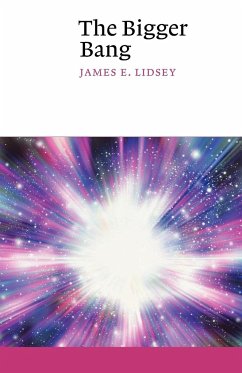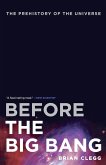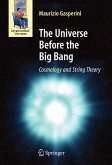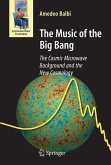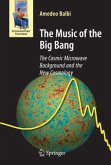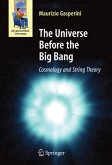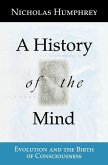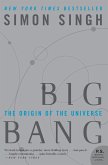In the last few years, scientists have begun to answer some of the most fundamental questions about the origin and early evolution of the universe. In a fresh, engaging, and highly readable introduction to these ideas, James Lidsey deftly steers us along a journey back in time to the very origin of the universe. We are introduced to the fascinating ideas scientists are currently developing to explain what happened in the first billion, billion, billion, billionth of a second - the 'inflationary' epoch. Along the way we stop off to review the latest ideas on superstrings, parallel universes and the ultimate fate of our universe. Lucid analogies, clear and concise prose and straightforward language make this book a delight to read. It makes accessible to the general reader some of the most profound and complex ideas about the origin of our universe currently challenging the world's best scientists.
Contents 1. The structure of the universe; 2. Why does the sun shine?; 3.
Hinweis: Dieser Artikel kann nur an eine deutsche Lieferadresse ausgeliefert werden.
Contents 1. The structure of the universe; 2. Why does the sun shine?; 3.
Hinweis: Dieser Artikel kann nur an eine deutsche Lieferadresse ausgeliefert werden.
'The Bigger Bang provides a concise and well written overview of cosmological theory. The book is short and can be quickly read but it covers a wide range of topics, including issues at the forefront of current research. It can be profitably used as an introduction to cosmology for students, interested lay persons and researchers in other fields.' Fred Adams, Physics World

